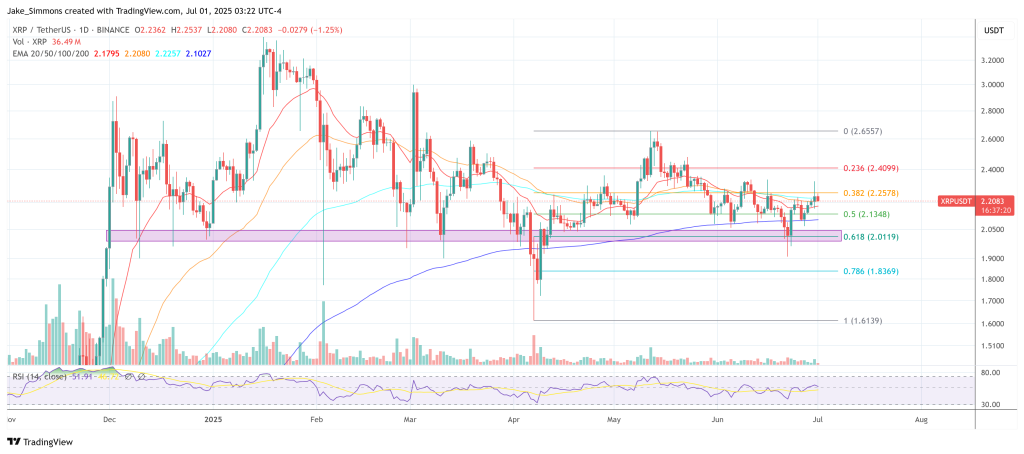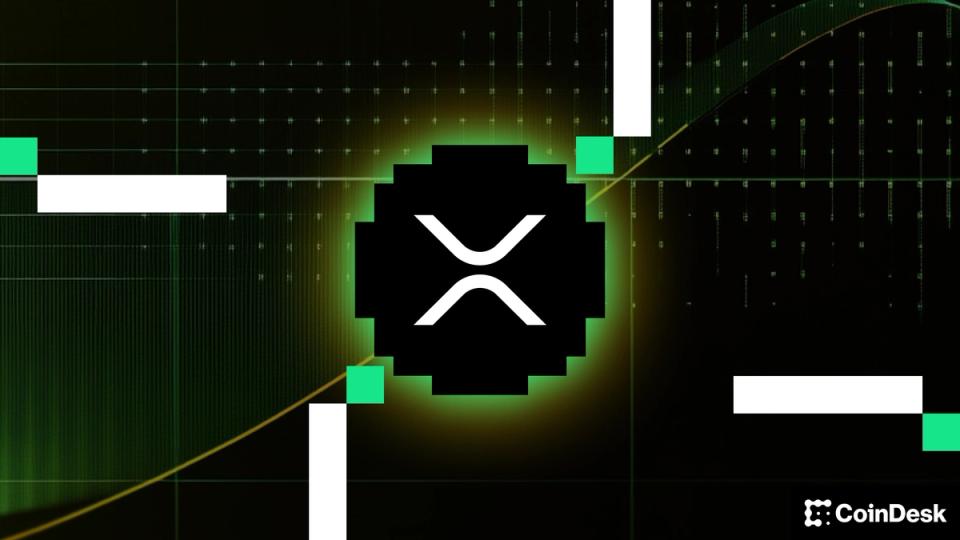
content, reviewed by leading industry experts and seasoned editors. Ad Disclosure
Linqto’s once-celebrated promise to “democratize” (Ripple) pre-IPO investing is collapsing under the weight of federal probes, a looming bankruptcy filing and a furious customer base that now numbers roughly 13,000.
According to an internal review first detailed by The Wall Street Journal, investigators for the Securities and Exchange Commission and the US Department of Justice are examining allegations that former chief executive William Sarris secretly marked up Ripple shares by more than 60 percent, sold customer stock without permission and promoted deals to thousands of investors who failed to meet accredited-investor standards. New management concedes that client accounts have been frozen since February and warns that a Chapter 11 filing could leave many investors as unsecured creditors.
A March 14 press release from the company’s new leadership confirmed “pervasive securities-law violations,” the pausing of all trading and the dismissal of nearly half the staff while Linqto “explores all options to preserve value,” including court-supervised restructuring. The same statement insists that the special-purpose vehicles (SPVs) holding customers’ assets remain on issuer cap tables, but concedes that an independent forensic review is under way to verify that claim.
Into that vacuum stepped attorney John E. Deaton, who told his X followers that the situation is a “total clusterfuck” and that roughly 11,500 Linqto users bought units in SPVs that, in turn, were supposed to own Ripple shares. Deaton says as many as 5,000 of those investors are non-accredited, creating “a regulatory compliance nightmare” now squarely on the SEC’s radar. He plans to host a live session at 3 p.m. EST today to detail what he calls a “heavily involved” enforcement action and to explain why simply refunding principal would strip investors of six- and seven-figure gains booked on private-share price appreciation.
“You Never Owned Ripple Shares”— CTO
Ripple’s chief technology officer David Schwartz—better known online as “JoelKatz”—added fuel to the blaze by reminding holders that they never owned Ripple equity outright. “You don’t own the shares directly,” Schwartz wrote, “but you own a portion of a legal entity that owns the shares.” He elaborated, saying: “So if you ‘bought’ Z shares, you own X fraction of a legal entity with Y shares where X×Y=100. This generally lets you buy ‘shares’ more easily and in smaller quantities, but the equivalent per-share price is usually higher.”
This clarification dismantled a key misconception among many Linqto clients who believed they were holding Ripple stock directly. The implications are now being examined not only by the SEC but also by customers who fear their indirect ownership could be rendered illiquid or encumbered in bankruptcy court.
When pressed about whether those SPVs could be affected by Linqto’s financial collapse, Schwartz responded: “The legal entity that owns the shares that you own part of should not have exposure to Linqto going bankrupt. So a direct encumbrance on the shares to cover Linqto’s debts shouldn’t happen. But the entity may face operational challenges depending on exactly how it’s structured.”
That operational risk is precisely what has many investors on edge. If trustees, custodians, or record-keepers tied to those SPVs are forced to restructure, change providers, or liquidate assets, investors may find themselves in prolonged legal limbo with no access to their holdings—even if the shares remain technically intact on the cap table.
The Alleged George Soros Link
Complicating perceptions further, Schwartz addressed a separate thread linking billionaire George Soros to Ripple. He clarified that Soros Fund Management backed PolySign—another private company in which many Linqto users invested—during its 2022 acquisition of fund administrator MG Stover, but said he was “not aware of any Soros connection to Ripple.”
Initially, Schwartz wrote: “It wouldn’t surprise me very much since his funds own bits of almost everything (Salesforce, Amazon, Google, JP Morgan, Goldman, Uber, FedEx, and many more), but I couldn’t find any actual connection.”
However, after further reflection, he corrected himself: “Oh, wait, I remember now. Yes, Soros’ fund did invest in PolySign to help finance the acquisition of MG Stover! No connection to Ripple AFAICT though.”
The deeper regulatory concern is structural. Linqto created more than 500 SPVs, each designed to pool hundreds of retail investors while keeping the underlying issuer’s shareholder count below the 2,000-owner threshold that triggers public-reporting obligations. Internal emails obtained by investigators show former executives exhorting staff to “take no prisoners” in sales campaigns—at times buying back Ripple shares from customers at $55 each, only to flip them to Ripple for $61, banking an $8 million spread. If those shares never made it into the SPVs—as suggested in confidential memos cited by investigators—questions of beneficial ownership, tax liability and voting rights could embroil Ripple itself in discovery.
What happens next will hinge on three converging clocks: Linqto’s restructuring timetable, the SEC’s enforcement calendar and the pace at which SPV trustees can—or cannot—demonstrate clean title to almost half a billion dollars’ worth of private-company shares. Until then, thousands of would-be Ripple shareholders remain locked out of their accounts, watching from the sidelines as a legal and regulatory cyclone decides whether their “pre-IPO dream” survives or is wiped out in a courtroom ledger.
At press time, XRP traded at $2.20.
 XRP price, 1-day chart | Source: XRPUSDT on TradingView.com
XRP price, 1-day chart | Source: XRPUSDT on TradingView.comFeatured image created with DALL.E, chart from TradingView.com

Editorial Process for bitcoinist is centered on delivering thoroughly researched, accurate, and unbiased content. We uphold strict sourcing standards, and each page undergoes diligent review by our team of top technology experts and seasoned editors. This process ensures the integrity, relevance, and value of our content for our readers.
.png)




